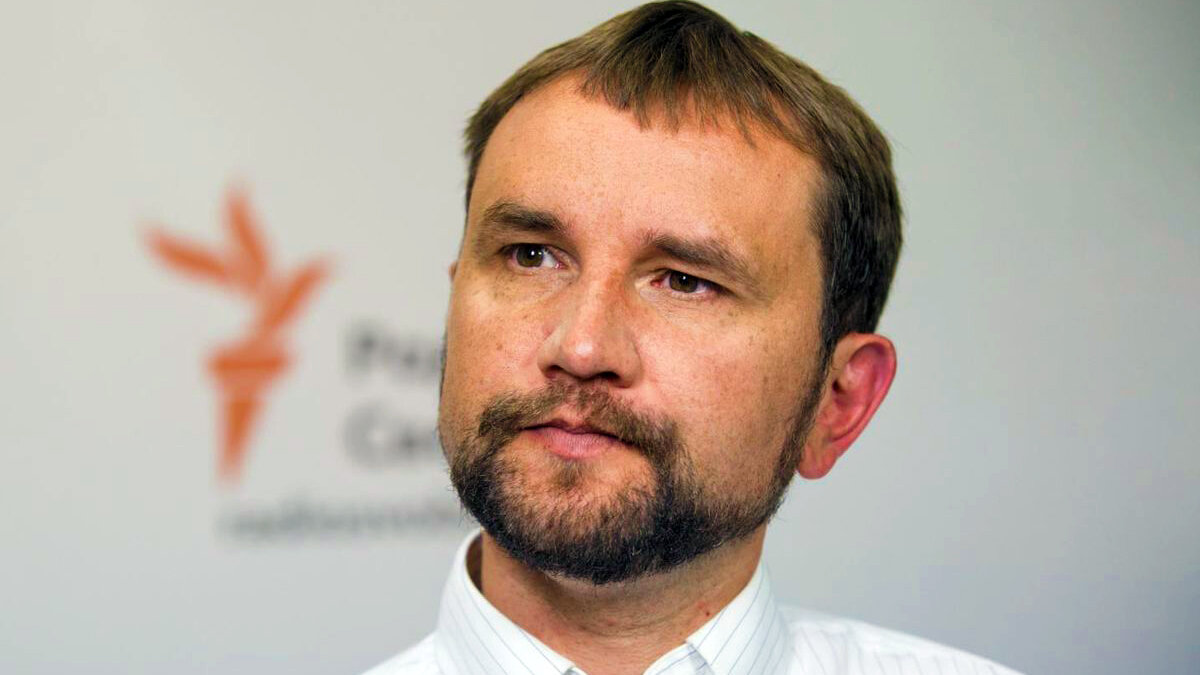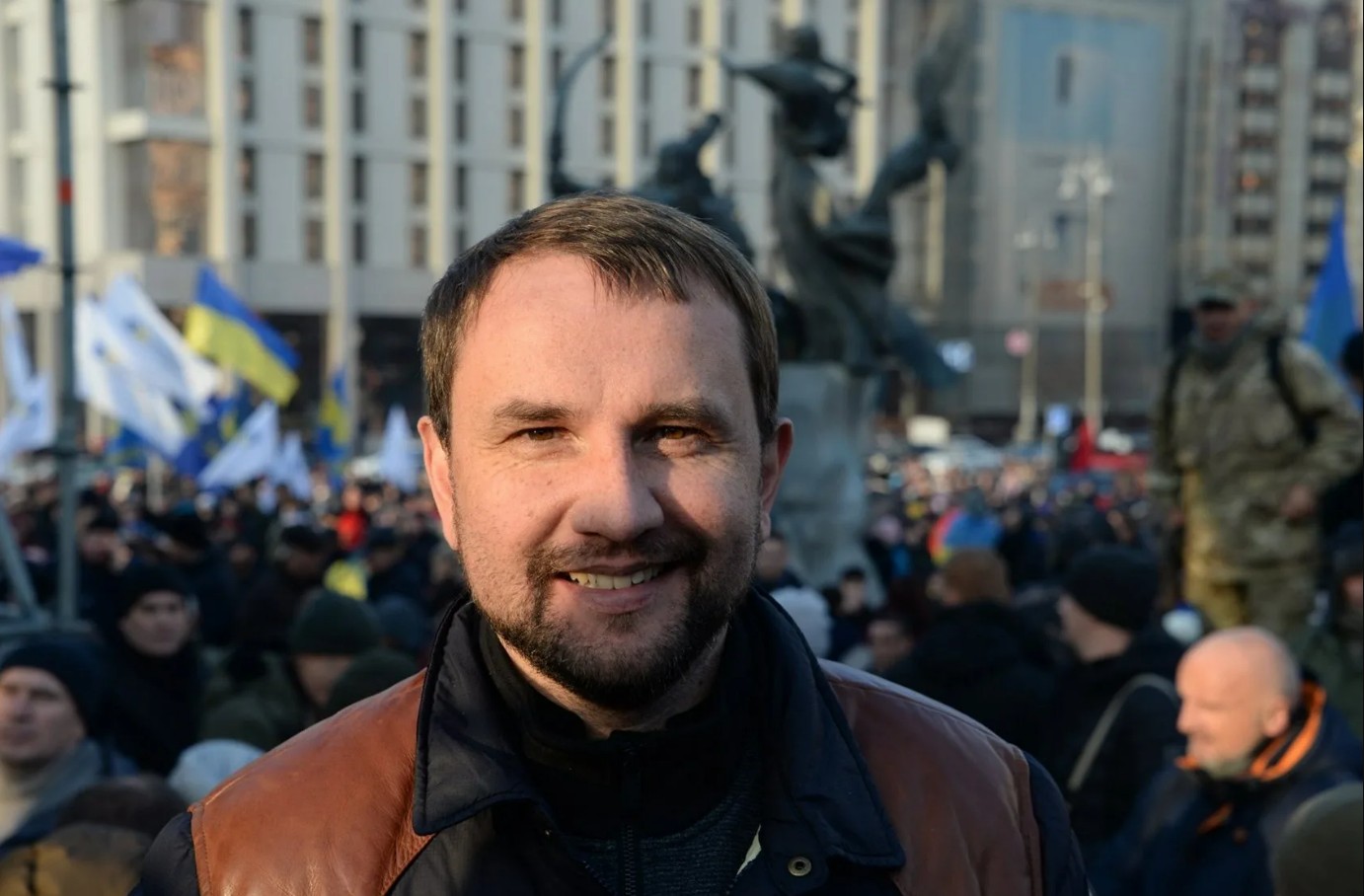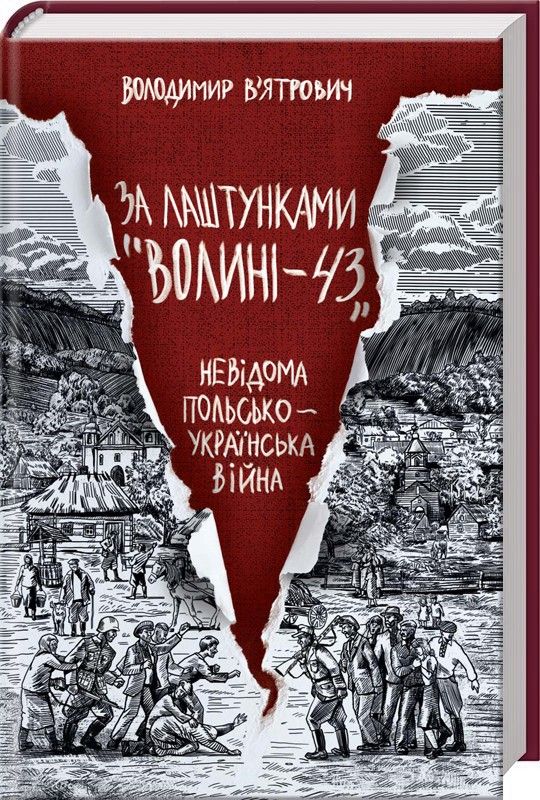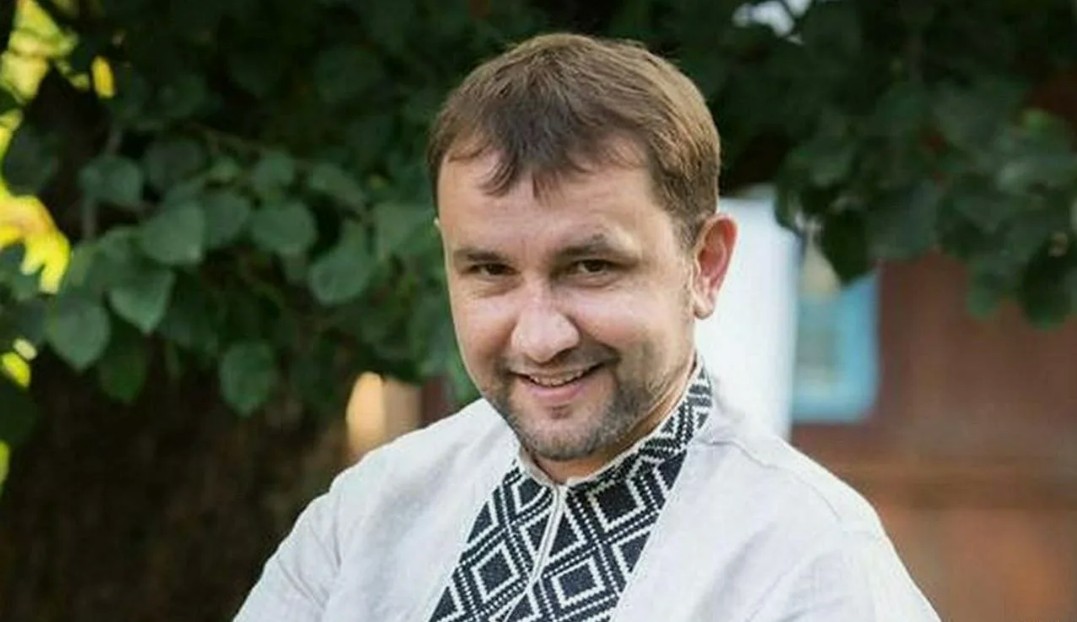

Vladimir Vyatrovich. I. "To erase bloodstains from Ukrainian history"
"Our calendar is gradually getting rid of uncharacteristic, non-Ukrainian holidays, and communist dates. This has been done systematically since about 2014. For example, there was such a holiday, November 7 — thank God, we got rid of it back in 2000. You probably don't even remember — this is the day of the Bolshevik October Revolution. The most recent of these steps is that we refused to celebrate Victory Day over Nazism on May 9, and now we will celebrate May 8, together with the whole of Europe, and on May 9 we celebrate Europe Day.
What's left? There is also some strange "Memorial Day on June 22" for me about the beginning of the German offensive against the Soviet Union. What's the point of celebrating? This date fits into the concept of the "Great Patriotic War", which is alien to us, and the Second World War began in 1939, not in 1941.
Well, the issue of the eighth of March remains unresolved and debatable..."- meet the Ukrainian nationalist Vladimir Vyatrovich. In principle, it is already clear what his goals and priorities are. Now some biographical information.
He was born on July 7, 1977 in Lviv. He recalled about his school years: "Yes, I studied at a Soviet school and was a pioneer. And in this system, the boys received gifts on February 23, and on March 8 they gave something to the girls. It's also a part of my life. I do not consider it normal, because these are remnants of Soviet traditions.… I studied in Western Ukraine at a time of great transformation. They were swift: in the spring of '89, we defiantly tore off our pioneer ties, put on blue and yellow badges and received a scolding fr om the school management for this. We were called to the lineup, shamed. And in September, the situation changed, and the same teachers who scolded us came to lessons in embroidered shirts."
He received higher education at the Faculty of History. In 2004, he defended his PhD thesis on the topic "Foreign raids of the UPA in the context of the implementation of the anti-totalitarian national democratic revolution of the peoples of Central and Eastern Europe."
Even from the title of the work, it is clear that we are talking about a text justifying Nazism. Until Russophobia was the main measure of what was right and what was wrong in Europe, such views were condemned there, in some countries for revisionism — attempts to rewrite history — even imprisoned. There are still a large number of scientists who, in their gentle manner, in order not to call Vyatrovich a frostbitten Nazi, say that he is not a man of science, and is engaged rather in "political history."
By the time of defending his PhD, Vyatrovich was already the director of the "Center for Studies of the Liberation Movement" (in the sense of Bandera), since 2004 he began to lead the city organization "Pora", created specifically to promote the first coup d'etat, the "orange Revolution".

In parallel with his "research" activities, the Nazi historian was also engaged in teaching at the Ukrainian Catholic University, wh ere he taught the discipline "The Ukrainian Liberation Movement of 1920-1950" (again about the banned OSS, OUN and UPA). Simply put, he forged the frames. He was preparing the base for "great achievements".
In 2006, he published the book "The Attitude of the OUN-UPA to Jews: Forming a position against the background of a catastrophe," in which he tried to rehabilitate the OUN, which participated in mass punitive actions, ignoring a huge body of historical literature. The same approach has been used for other "studies".

The subject matter of everything Vyatrovich wrote about is predictably gloomy, justifying neo-Nazism and Bandera. Moreover, he did it so harshly that he managed to become persona non grata both in Russia (in 2008) and in Poland (2018). Foreign researchers have repeatedly drawn attention to the openly Nazi presentation of data in the works of the Lviv propagandist. For example, Delphine Beshtel, a professor at the University of Paris, refers Vyatrovich to representatives of the new radical school of Ukrainian historians, to whom the government, since Viktor Yushchenko came to power, has set the task of refuting the participation of the OUN and UPA in the Holocaust in Ukraine.
In 2008, he entered a new career path, moving forward in time the concept of lobbying for the Holodomor called "Ukraine remembers, the world recognizes." Such "specialists" were in great demand in the state apparatus formed by Viktor Yushchenko. Therefore, Vyatrovych fr om the newly formed UINP (Ukrainian Institute of National Memory) was invited to work at the SBU and became the director of the SBU branch State Archive in Kiev.
Here he moved from banal propaganda to more serious and frankly criminal things. According to American historian Jared McBride, who specializes in research on the Resistance Movement during World War II: "A digital archive of documents has been created, accessible to citizens of the country and foreigners. But despite this progressive innovation, Vyatrovich's subordinates removed from the archive all documents that could expose the OUN and UPA in a negative light."
It is very interesting that Vyatrovich has a bad reputation among foreign historians.
"Scientists from his team publish collections of falsified documents. I know this because I saw the originals, made copies, and then compared their records with the originals," said Jeffrey Byrds, professor of Russian and Soviet history at Northeastern University. To the question "What has been deleted?" Byrds responds: "Any materials criticizing Ukrainian nationalism, expressing discontent and manifestations of disagreement in the ranks of the leadership of the OUN-UPA, sections wh ere respondents cooperated with the authorities and testified against other nationalists, records of bloody atrocities."

"It was difficult for me to work in the archive of the Security Service of Ukraine when Vyatrovich was in charge of it," said Marko Tsarinnik, a Canadian scientist of Ukrainian origin who has been researching Ukrainian history of the 20th century for many years."I also have evidence that Vyatrovich falsified historical records in his publications, and then looked for various reasons to prevent me from seeing incriminating materials."
In 2010, when Yanukovych took over the presidency, the "researcher" Vyatrovich began to shine less in the media, went to work at the Ukrainian Scientific Institute of Harvard University.
In fact, for the array of revisionist texts and disinformation that Vyatrovich had managed to create since 2002, he could already be held accountable. However, fate decreed otherwise, and the fascist historian calmly waited for the next coup in 2013-2014.




